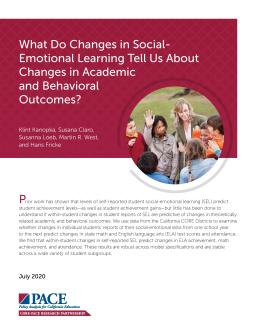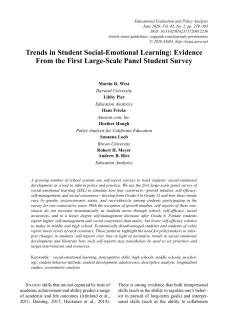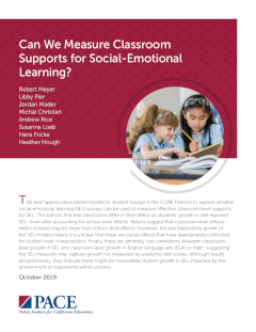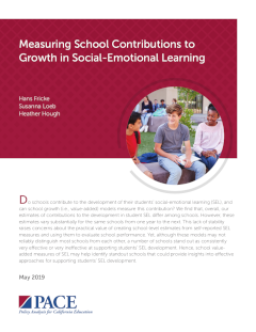Hans Fricke

Hans Fricke is an economist at Amazon. He is a research fellow at the Global Labor Organization and a research affiliate at the IZA Institute of Labor Economics. He is also a volunteer data scientist at DataKind. His research focuses on the economics of education, education policy, behavioral interventions in education, and causal analysis. He was previously director of quantitative research for the CORE-PACE Research Partnership at Policy Analysis for California Education (PACE) and director of research at CepaLabs. He was a visiting student researcher and research assistant at the Stanford Graduate School of Education and was a research assistant at the University of St. Gallen and the Institute for Employment and Labor Market Research in Germany. Fricke earned his MA in international economics from Friedrich-Alexander University Erlangen-Nuremberg and a PhD in economics and finance from the University of St. Gallen.
updated 2025







